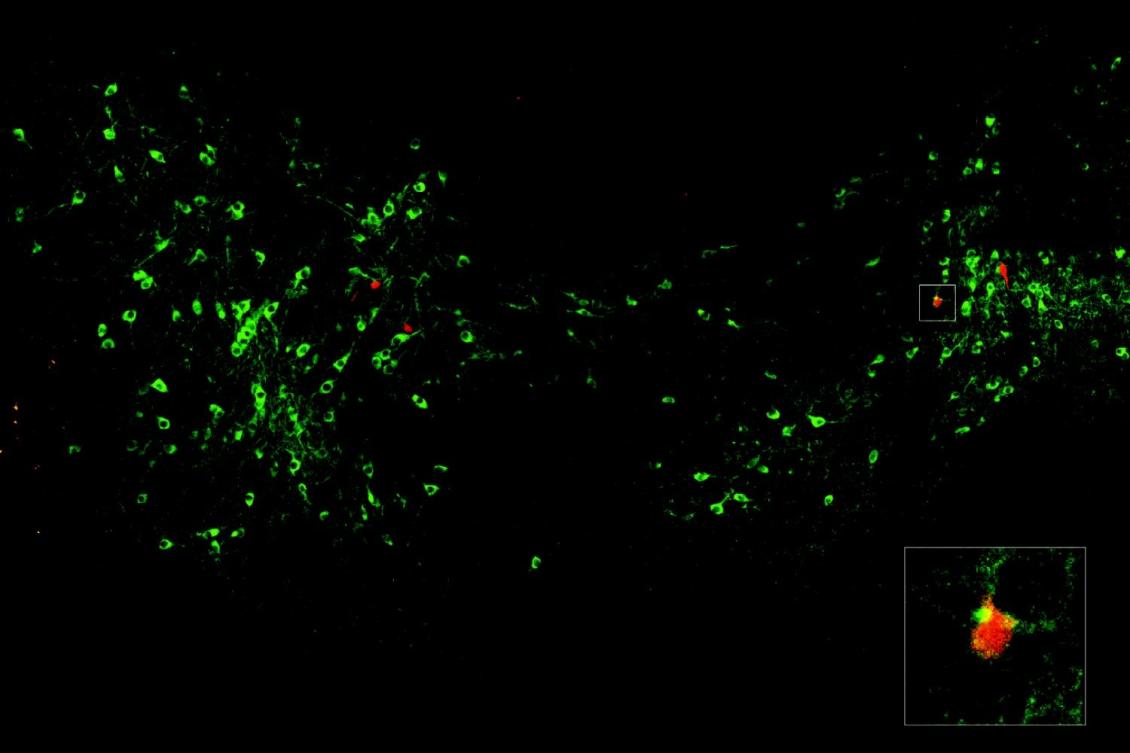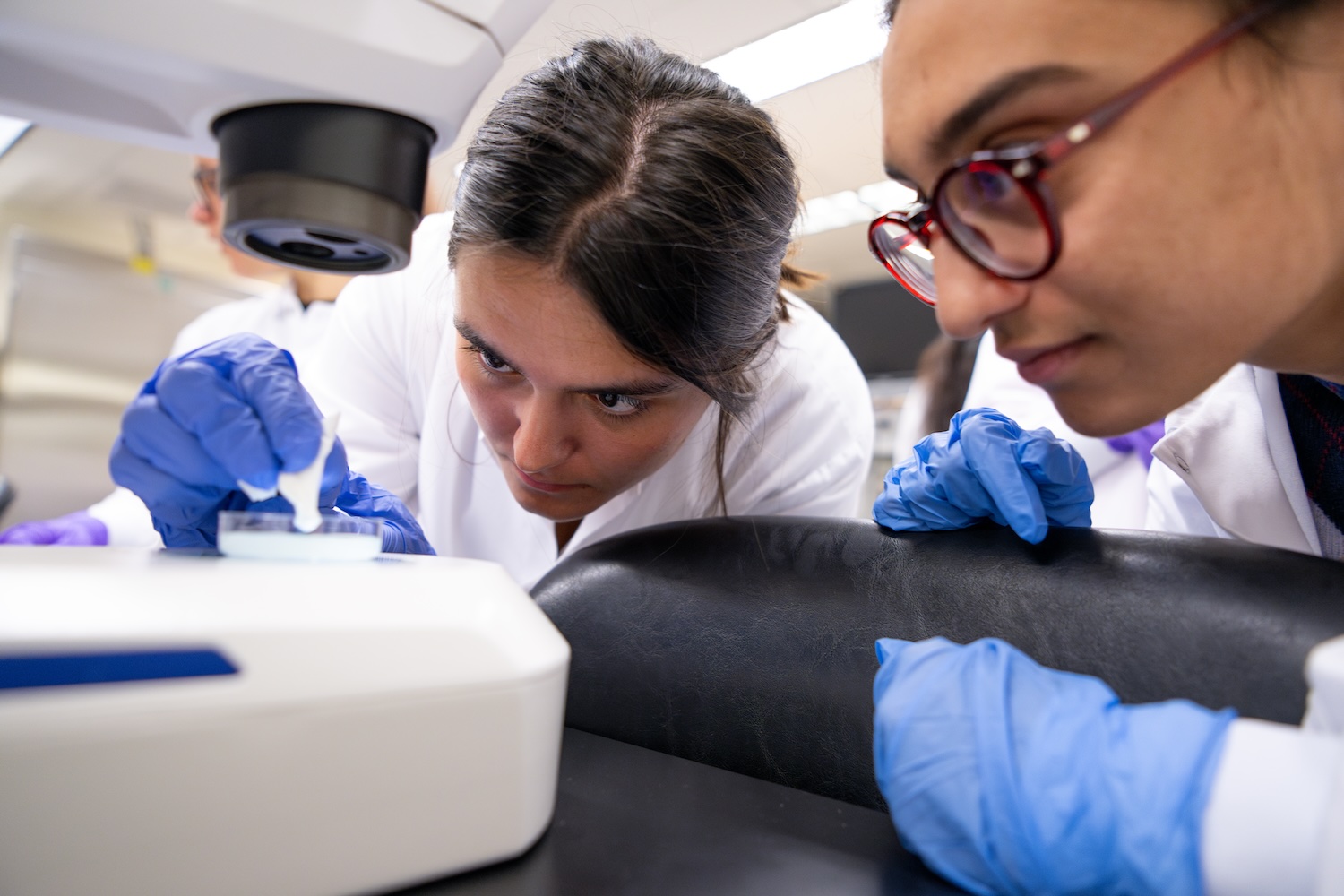Featured News

Dangers come but dangers also go, and when they do, the brain has an “all-clear” signal that teaches it to extinguish its fear. A new study in mice by MIT neuroscientists shows that the signal is the release of dopamine along a specific interregional brain circuit. The research pinpoints a potentially critical mechanism of mental health, restoring calm when it works, but prolonging anxiety or even post-traumatic stress disorder when it doesn’t.
Featured News
Since high school, Alex Bardon has been interested in biology. As an undergrad at Caltech, she was introduced to the world of computer science. Systems neuroscience was the place where those interests met.
“While individual neurons can perform some cool computations, when they are grouped in a system, these whole new phenomena emerge that you can't get at the single neuron level. I found that fascinating,” she says.
Bardon is now a third-year graduate student in Brain and Cognitive Sciences at MIT, where she is co-advised by professors Emery Brown and Earl Miller at The Picower Institute for Learning and Memory and studies how the synchrony between different brain areas changes, causing these areas to become more or less connected, during anesthesia.
Featured News

Just 10 to 15 minutes of mindfulness practice a day can lead to reduced stress and anxiety for autistic adults, according to a new study. Participants in the study at MIT’s McGovern Institute for Brain Research used a free smartphone app to guide their practice, giving them the flexibility to practice when and where they chose. The results were reported in a recent edition of the journal Mindfulness.
“Everything you want from this on behalf of somebody you care about happened: reduced reports of anxiety, reduced reports of stress, reduced reports of negative emotions, and increased reports of positive emotions,” says McGovern Institute investigator and BCS Professor John Gabrieli. “Every measure that we had of well-being moved significantly in a positive direction."


